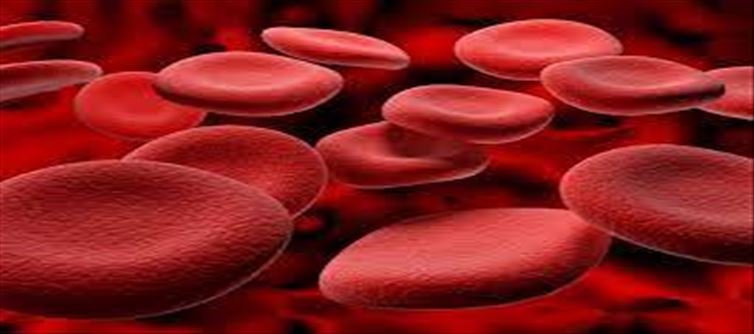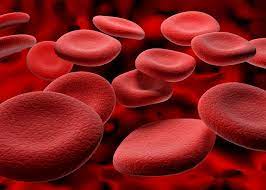
Bombay blood, also known as the bombay phenotype, is a rare blood type first discovered in bombay (now Mumbai), India. This is an extremely unique blood type with special characteristics. people with bombay blood type do not express the A, B, or AB antigens on their red blood cells which are common in most other blood types.

The bombay phenotype is caused by a genetic mutation that affects the production of the H antigen, a precursor to the A and B antigens. Therefore, people with bombay blood can only receive blood from other people of the same blood type. This makes it a particular challenge for them to find the right blood for the transfusion.
Due to its rarity, the bombay blood type is estimated to occur in approximately 1 in 250,000 people in the general population. It is more common in some populations, including those of indian descent. The discovery of the bombay blood group was important in the field of blood transfusion and blood typing.
The complexity of blood types and the importance of accurate pre-transfusion testing to avoid serious reactions were stressed. The identification of the mumbai phenotype has led to advances in blood typing and increased awareness among physicians. Overall, mumbai blood is a unique and rare blood type that has had a significant impact on the understanding of human blood types and transfusion medicine.




 click and follow Indiaherald WhatsApp channel
click and follow Indiaherald WhatsApp channel